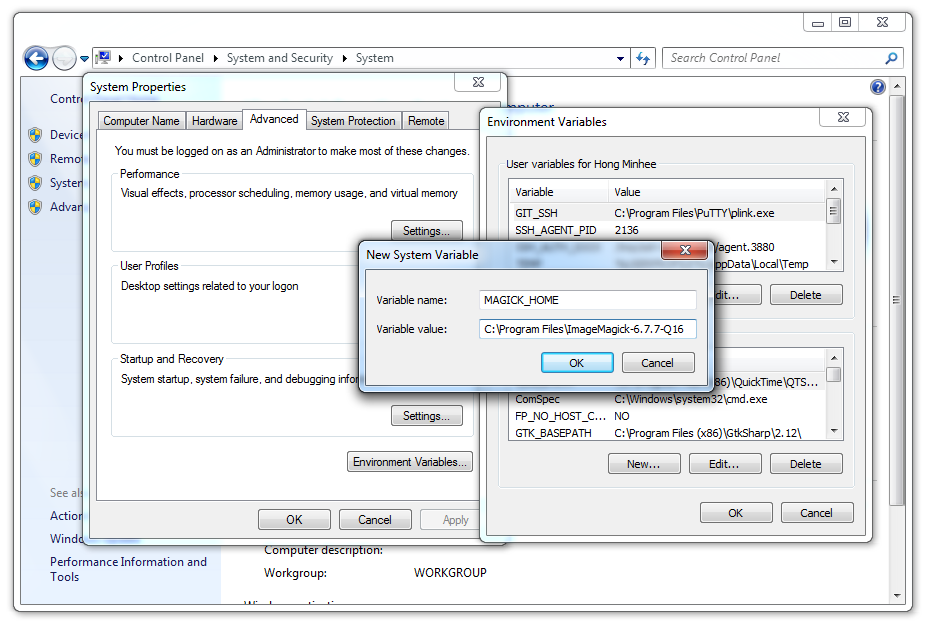Homebrew is an open-source package manager for macOS that offers an easy way to install software and tolls through the command line. If you are a coder, developer, Terminal lover, or more tech-savvy than an average Mac user, you can use Homebrew to simplify software installation on your Mac. It’s also available on desktop systems (Mac, Windows and Linux). If you use Homebrew on a Mac, you can install it like this: brew install imagemagick. Otherwise, look for it in your favorite package manager, or download it directly from the ImageMagick website. ImageMagick provides a fast, simple way to automate image resizing.
File TypeDICOM Image File
| Developer | NEMA |
| Popularity | |
| Category | Raster Image Files |
| Format | Binary |
What is a DICOM file?
A DICOM file is an image saved in the Digital Imaging and Communications in Medicine (DICOM) format. It contains an image from a medical scan, such as an ultrasound or MRI. DICOM files may also include identification data for patients to link the image to a specific individual.
The DICOM format was developed by the National Electrical Manufacturers Association (NEMA). It was designed to exchange and view medical images, such as CT scans, MRIs, and ultrasound images.
The initial DICOM standard was initially released in 1983 and went through various revisions in the 1990s and 2000s. NEMA still actively maintains the format.
NOTE: DICOM images more commonly use the .DCM extension.
How do I open a DICOM file?
You can open DICOM files with various applications, such as MicroDicom viewer (Windows), ezDICOM (Windows), OsiriX (macOS), and MeVisLab (multiplatform). You can also upload DCM files to View My Scans and Jack Imaging in a web browser and view the images.
Open and view .DICOM files with File Viewer Plus.Programs that open DICOM files
Install Imagemagick Mac

Imagemagick Download
I was setting up a new Mac and ran into this problem again, where a default PHP installation with brew is missing a few important extensions. In this case, I wanted to get the imagick extension loaded.
This guide assumes you have Homebrew installed and you’ve installed PHP with brew install php.
Install Image Magick dependency
First, install imagemagick itself. This is needed to get the source files you’ll use later to compile the PHP extension with.
This will also install the needed pkg-install dependency.
Compile Imagick PHP extension with pecl
Next up, use pecl to get the PHP extension compiled.
It will also auto-register itself in your php.ini and should now be available.
Note: if you run php-fpm, make sure you to restart your daemon to load the latest extension. Use brew services restart php.
Permission denied errors?
You may get failed to open stream: Permission denied errors when trying to perform a pecl install. It shouldn’t happen, because Homebrew by default installs everything in local folders, but in case you do get that error you can prefix the commands with sudo like this.
